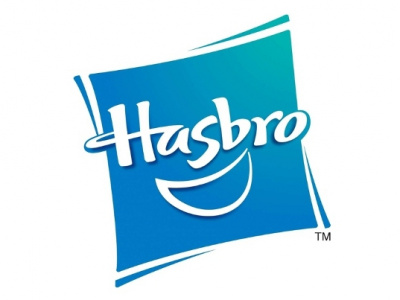
Responding to concerns and complaints from third-party game publishers (see “Green Ronin Says ‘No’ to GSL”) about the Game System License (GSL), Wizards of the Coast released a revised version of the comprehensive licensing document earlier this week. The revised Dungeons & Dragons 4th Edition licensing document has been in the works for over six months (see “WotC to Revise 4th Ed. GSL”, “GSL Final Revisions Weeks Away”).
According to a brief from WotC, the most significant changes in the “new” GSL are the removal of a section that “set terms and conditions for 4E compatible product lines that may have been previously published under the Open Game License (OGL)” and the inclusion of a provision that allows publishers to discontinue the use of the GSL while allowing them a six-month period to sell off remaining inventory. Provisions regarding use of art and definitions of new terms in the System Resource Document (SRD) were also added.
The revised GSL, however, does not appear to address some sticking points that third-party publishers, particularly Green Ronin Publishing, had with the original document. In a message posted on the company’s Website in August, Green Ronin President Chris Pramas said:
“Under its terms WotC could frivolously sue a signatory for supposed violations of the GSL, lose the actual court case, and still ruin the winning company because the license specifies that the signatory has to pay WotC's legal fees. Also, the GSL can be changed at any time and WotC is not legally required to so much as inform its licensees.”
Both of these provisions appear to still be present in some form in the GSL. The statement in Section 10.4, “Licensee will be responsible for all legal costs, including Wizards’ attorneys’ fees, associated with any action required by Wizards to enforce the terms of this License,” could be argued to only apply when a violation of the terms "required" Wizards to take action. But the statement in Section 2: Updates or Revisions to License, “Licensee is responsible for checking the License regularly for changes, and waives any right to receive specific notice of changes” seems to clearly put the onus of keeping track of updates on the licensee.
It remains to be seen whether the changes made to the GSL will expand the number of companies producing product under it.







